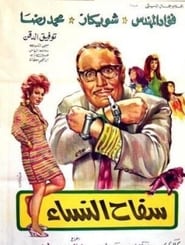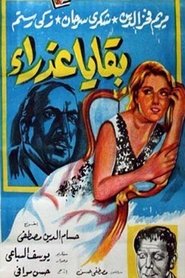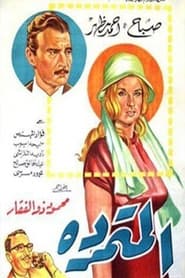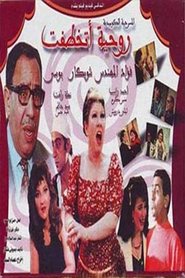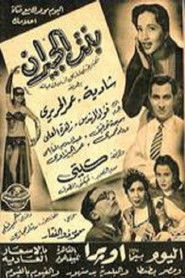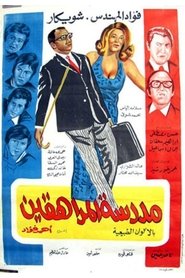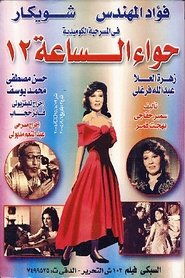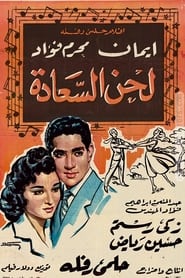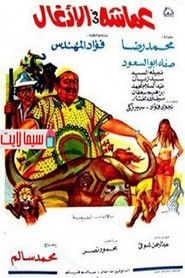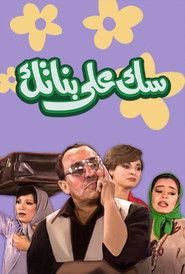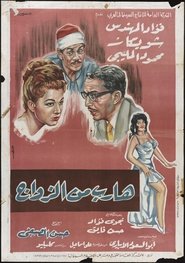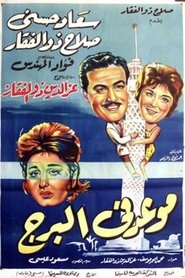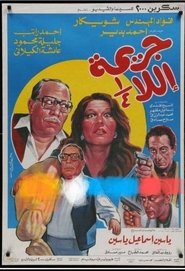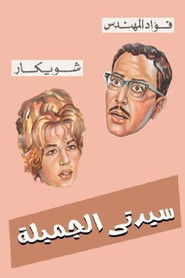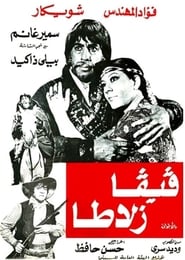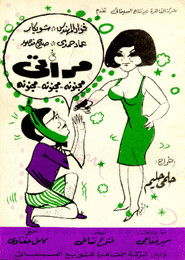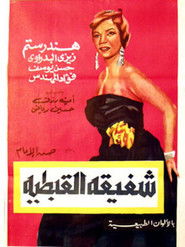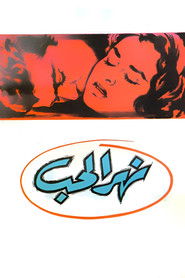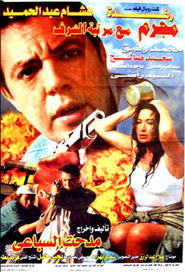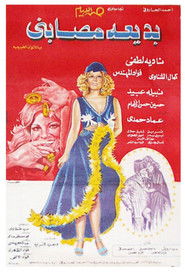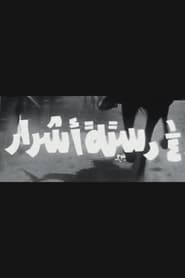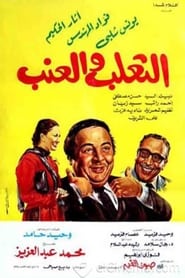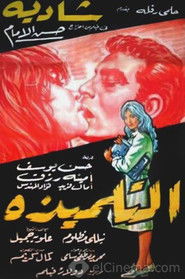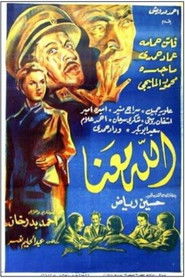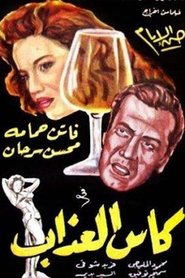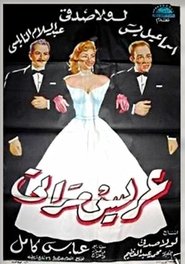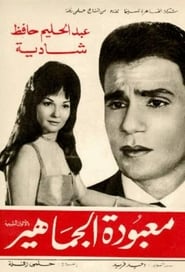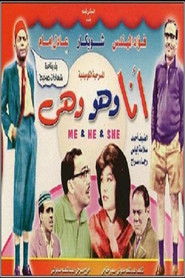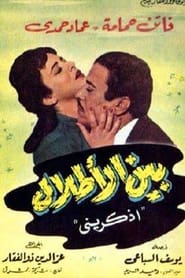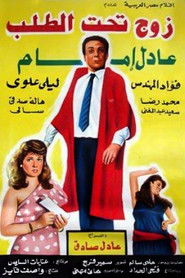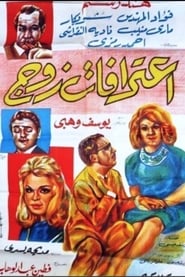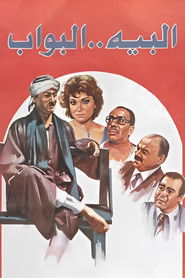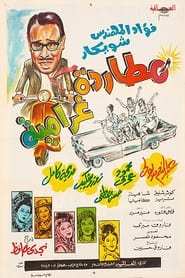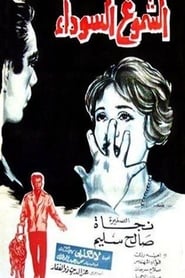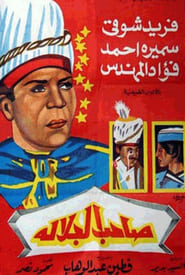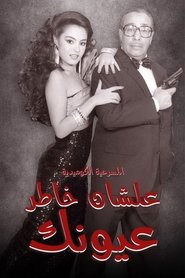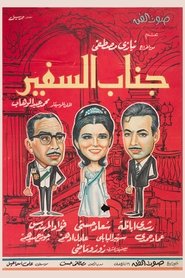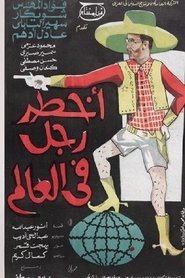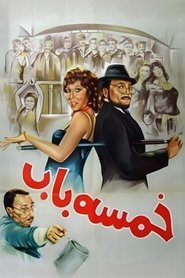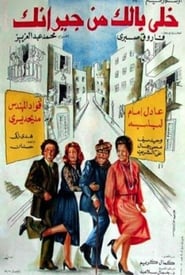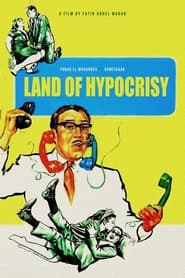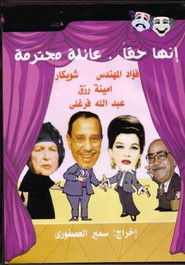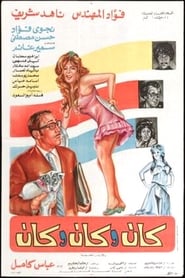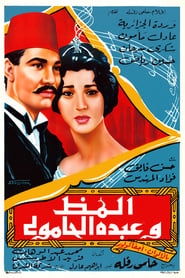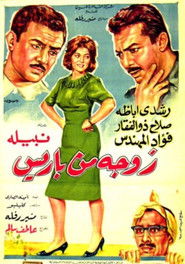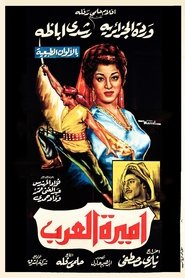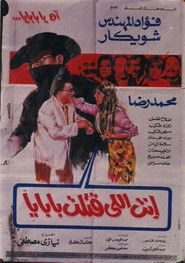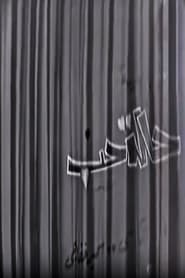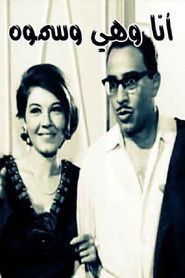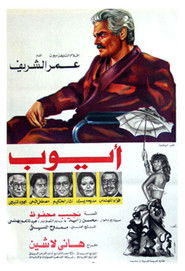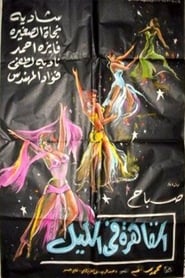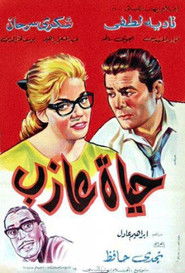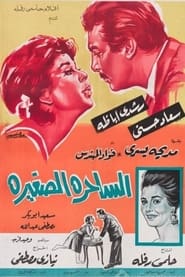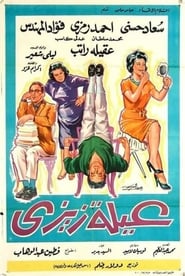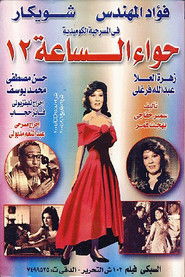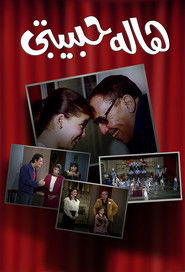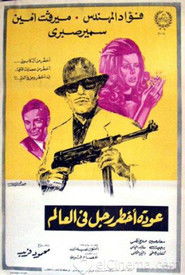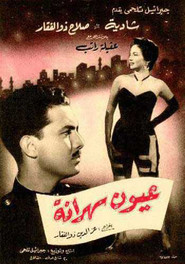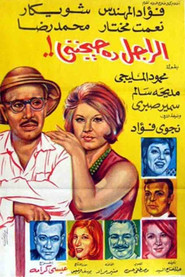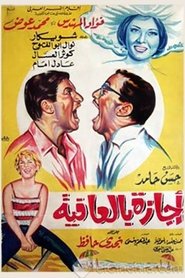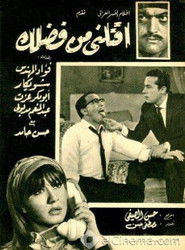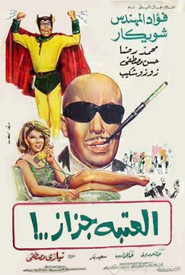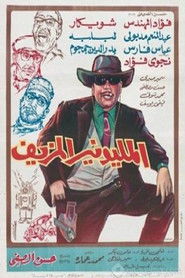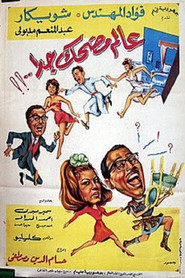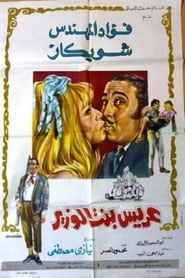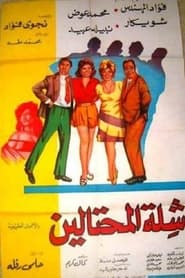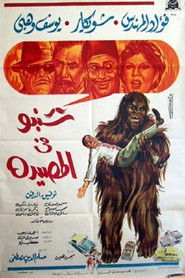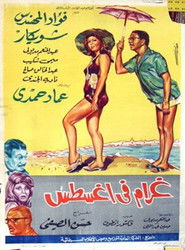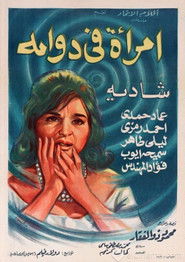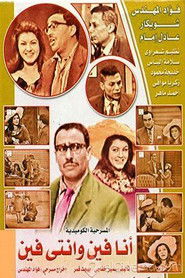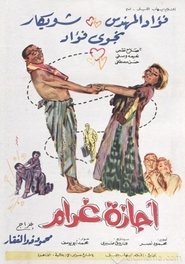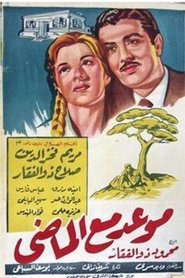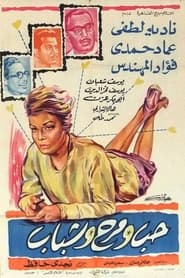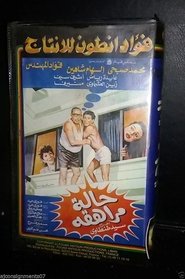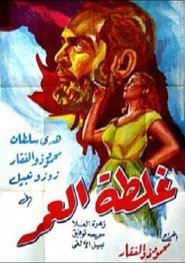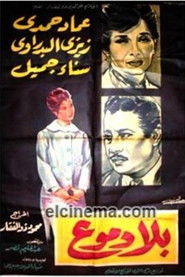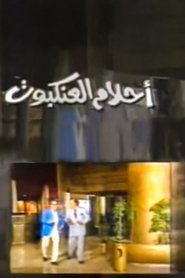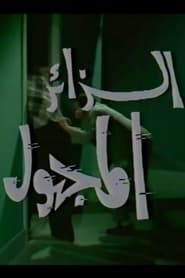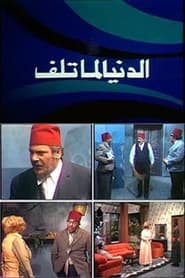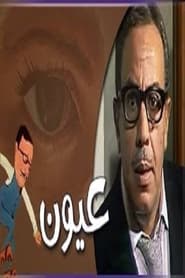Birthday:
09-06-1924
Deathday:
09-16-2006 (82 years)
Birthplace:
Cairo, Egypt
Biography
Between his birth on 6 September 1924 and his passing on 16 September 2006, Fouaad al-Mohandess made a major mark on Egyptian theatre, cinema, radio and television. Devoted since childhood to the performing arts, al-Mohandess' first introduction to the stage took the form of school plays, followed by university theatre at the Faculty of Commerce, Cairo University. Al-Mohandess modeled himself for a while on the great comedian Nagueeb al-Reehaany, rehearsals of whose troupe he regularly attended.
In 1953, al-Mohandess joined the radio program “Saa'a le-albak i.e. An hour for your heart”. Two years later, he was one of the co-founders of the “Saa'a le-albak” theatre troupe. He directed their first play, “Kaan mel-awwal i.e. It was about time”, and performed in most of the productions subsequently staged by the troupe.
The next turning point in his career came when he began to perform in television-sponsored play productions. Roles in plays such as “Ana we howwa we heyya i.e. Me, he and she (1962)” and “Al-sekerteir al-fanny i.e. The technical secretary (1963)” brought him to the attention of a large and appreciative audience. Then, in 1966, he co-founded the United Artists' troupe, taking leading roles in several of the plays staged by the troupe, among them “Ana we howwa we somowwo i.e. Me, he and his Highness (1966)” and “Sayyedaty al-gameela - An adaptation of My Fair Lady (1968)” which are considered by many the highpoint of his career on stage.
In 1971 El-Mohandess, with his then wife Shweikar, with whom he formed a very popular duo, joined the Egyptian Comedy troupe, participating in many of the comedies it staged, including “Hello, Dolly (1971)”, “Leih, leih i.e. Why! Oh Why? (1976) and “Ennaha hakkan ‘aaela mohtarama i.e. It's quite a respectable family (1978)”.
El-Mohandess' first break on the big screen was in the 1953 film “Ghaltet ‘omr i.e. The mistake of a lifetime”, which he followed up a year later with a role in “Bent al-geiraan i.e. The neighbours' daughter (1954)”. He played supporting roles in several successful films, including “Bayn al-atlaal i.e. Amid the ruins”, “Nahr al-Hobb i.e. The river of love”, Almaz wa ‘Abdo al-Haamouly i.e. Almaz and ‘Abdo al-Haamouly” and “Shafeeka al-Kebteyya i.e. Shafeeka the Copt”.
In 1953, al-Mohandess joined the radio program “Saa'a le-albak i.e. An hour for your heart”. Two years later, he was one of the co-founders of the “Saa'a le-albak” theatre troupe. He directed their first play, “Kaan mel-awwal i.e. It was about time”, and performed in most of the productions subsequently staged by the troupe.
The next turning point in his career came when he began to perform in television-sponsored play productions. Roles in plays such as “Ana we howwa we heyya i.e. Me, he and she (1962)” and “Al-sekerteir al-fanny i.e. The technical secretary (1963)” brought him to the attention of a large and appreciative audience. Then, in 1966, he co-founded the United Artists' troupe, taking leading roles in several of the plays staged by the troupe, among them “Ana we howwa we somowwo i.e. Me, he and his Highness (1966)” and “Sayyedaty al-gameela - An adaptation of My Fair Lady (1968)” which are considered by many the highpoint of his career on stage.
In 1971 El-Mohandess, with his then wife Shweikar, with whom he formed a very popular duo, joined the Egyptian Comedy troupe, participating in many of the comedies it staged, including “Hello, Dolly (1971)”, “Leih, leih i.e. Why! Oh Why? (1976) and “Ennaha hakkan ‘aaela mohtarama i.e. It's quite a respectable family (1978)”.
El-Mohandess' first break on the big screen was in the 1953 film “Ghaltet ‘omr i.e. The mistake of a lifetime”, which he followed up a year later with a role in “Bent al-geiraan i.e. The neighbours' daughter (1954)”. He played supporting roles in several successful films, including “Bayn al-atlaal i.e. Amid the ruins”, “Nahr al-Hobb i.e. The river of love”, Almaz wa ‘Abdo al-Haamouly i.e. Almaz and ‘Abdo al-Haamouly” and “Shafeeka al-Kebteyya i.e. Shafeeka the Copt”.
Read morearrow_drop_down
Their works
- Release swap_vert
- Title swap_vert
- Ratings swap_vert
close
Show more expand_more
keyboard_double_arrow_down
